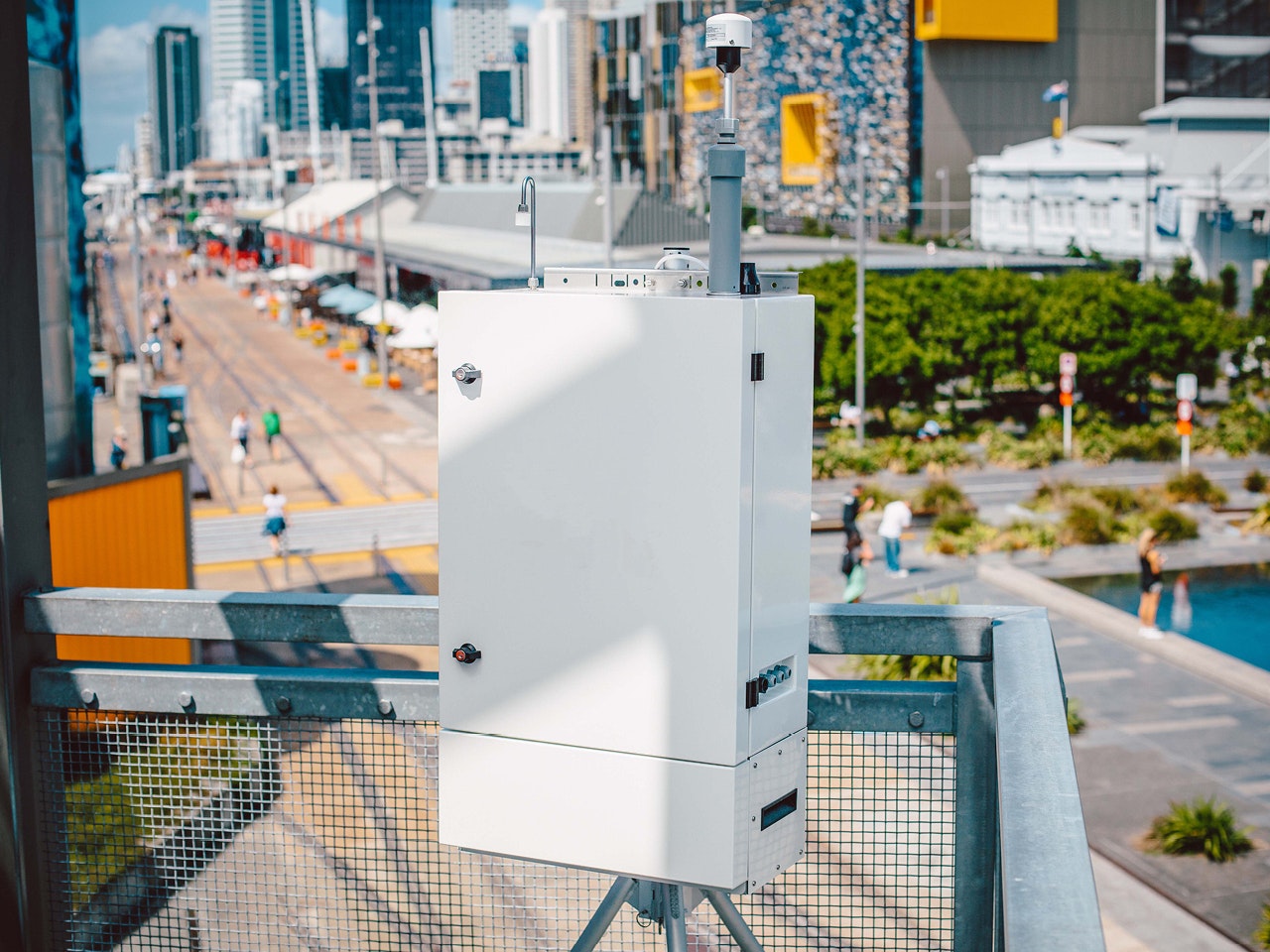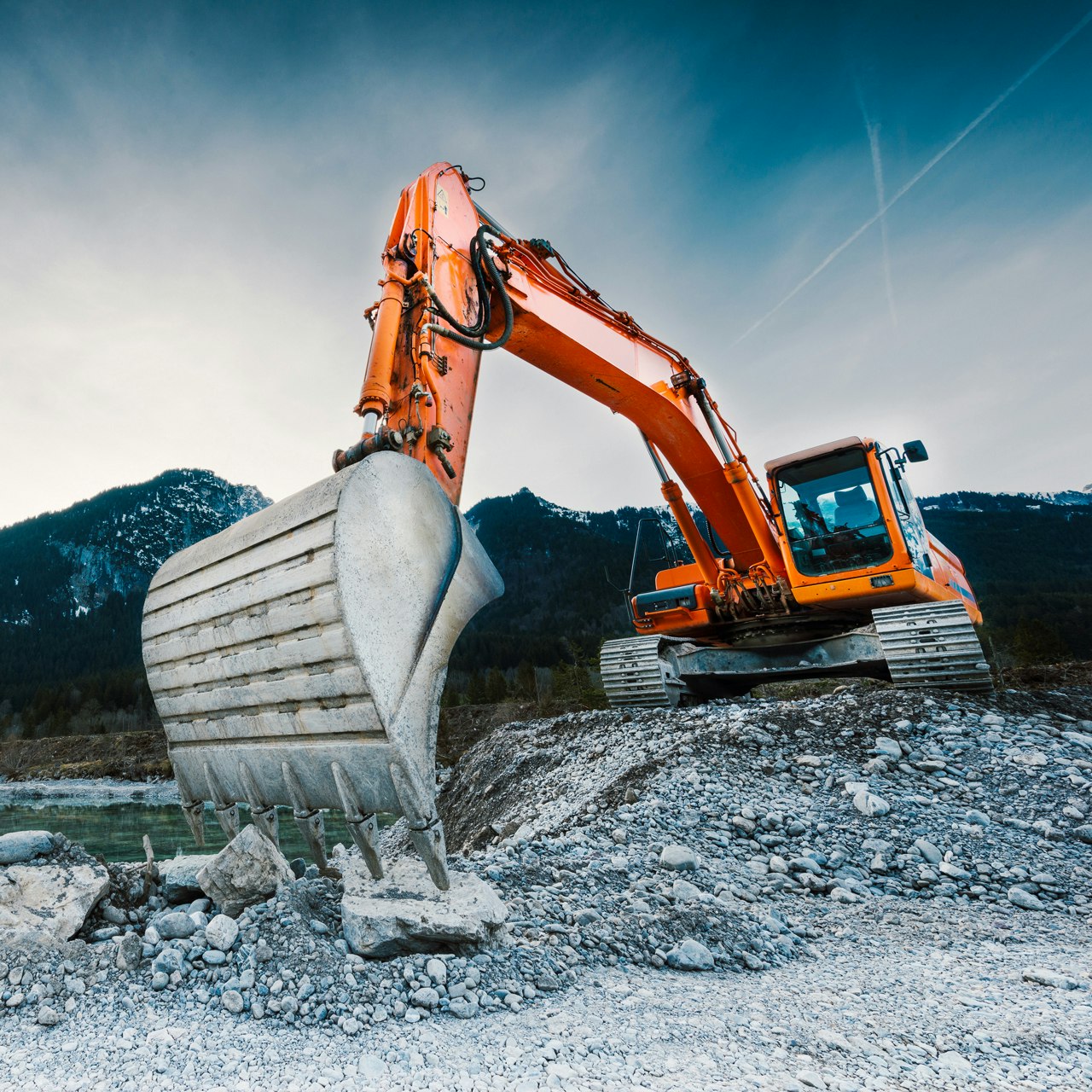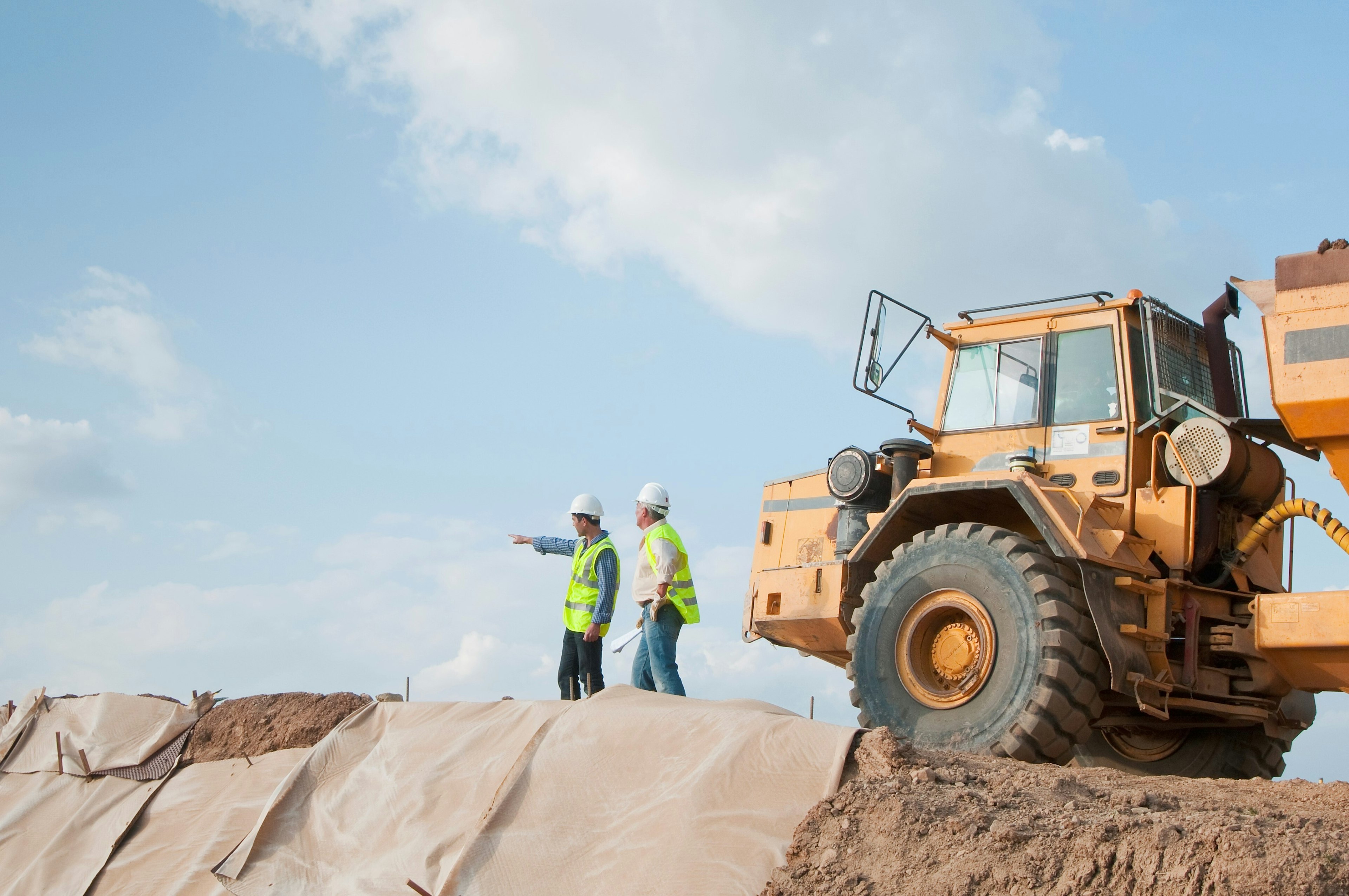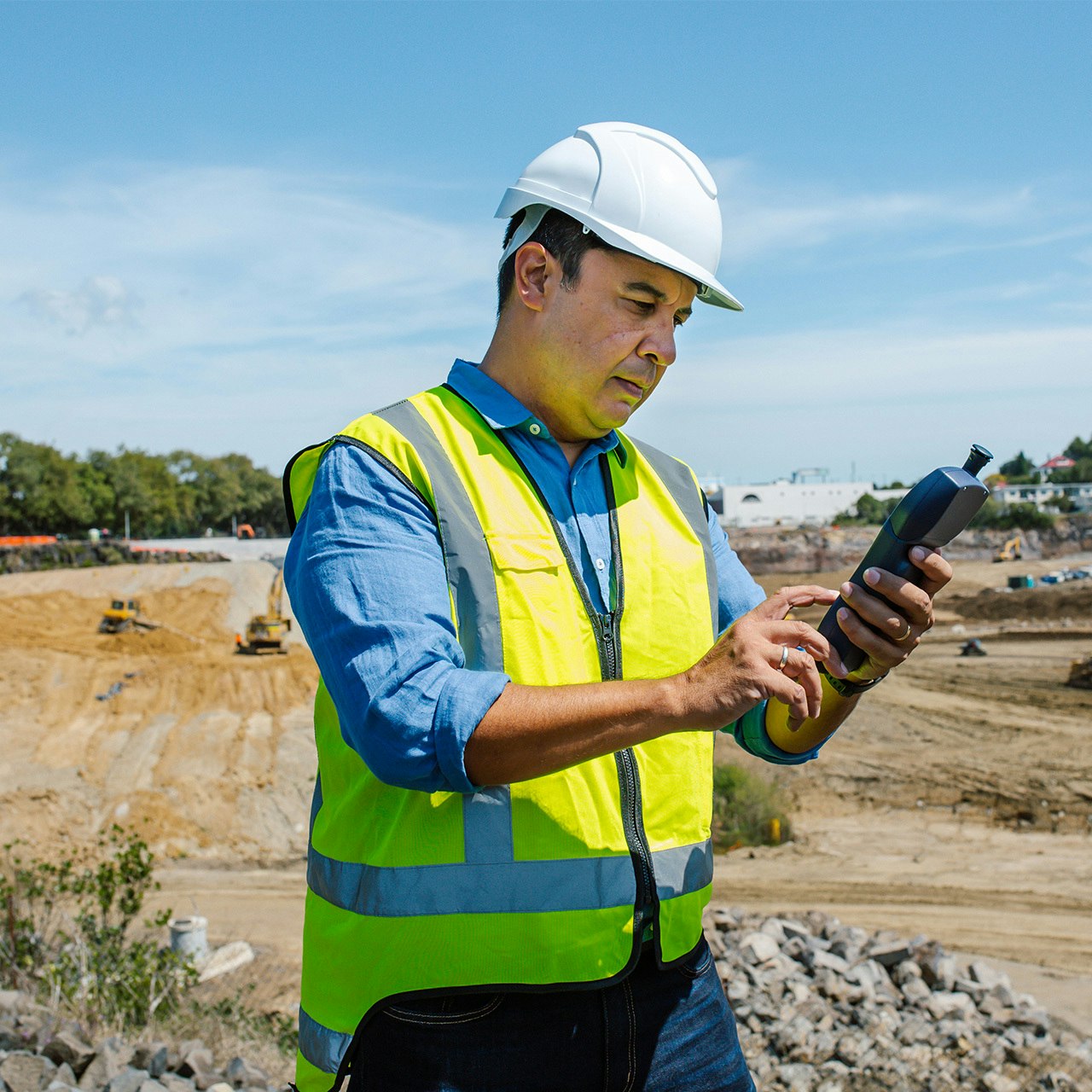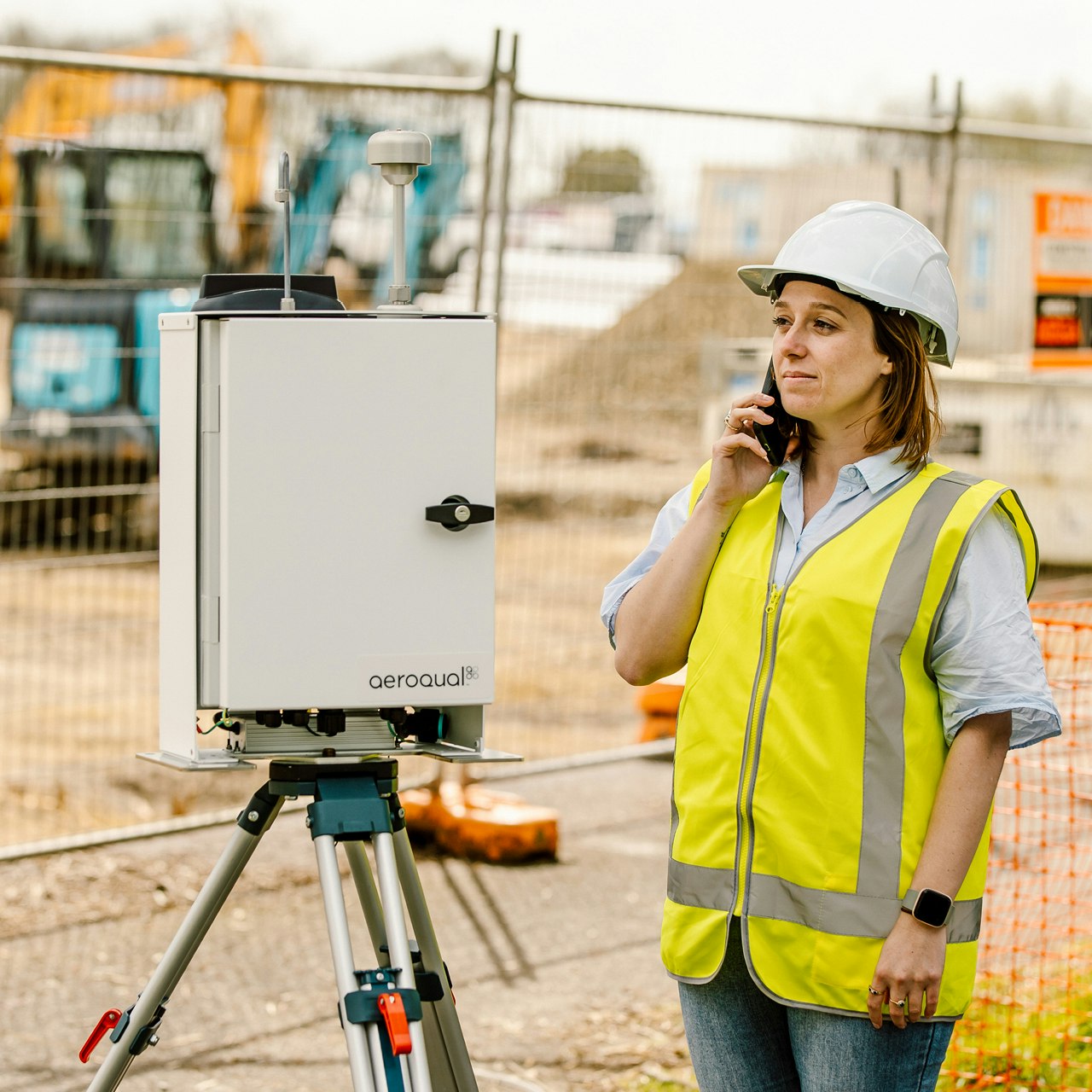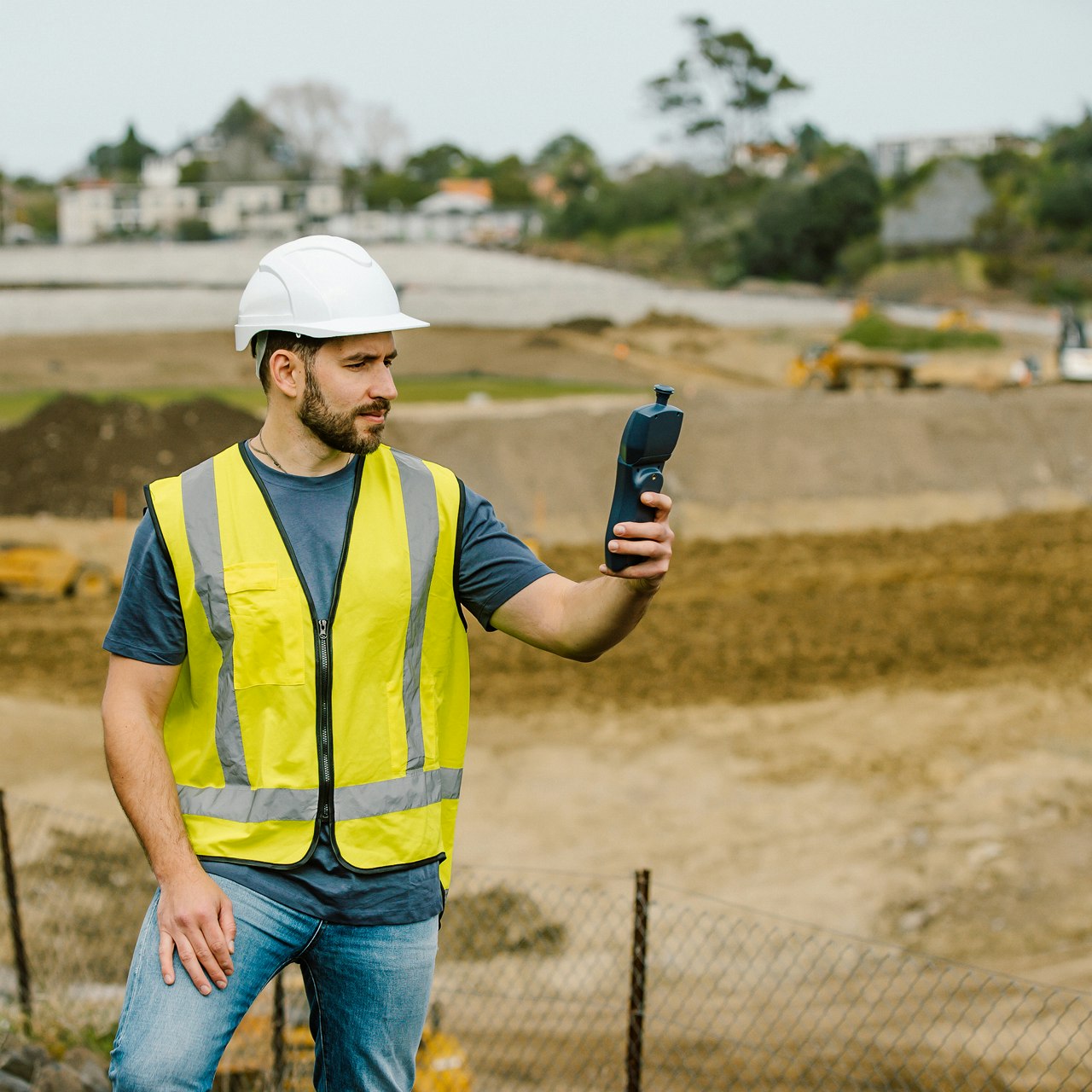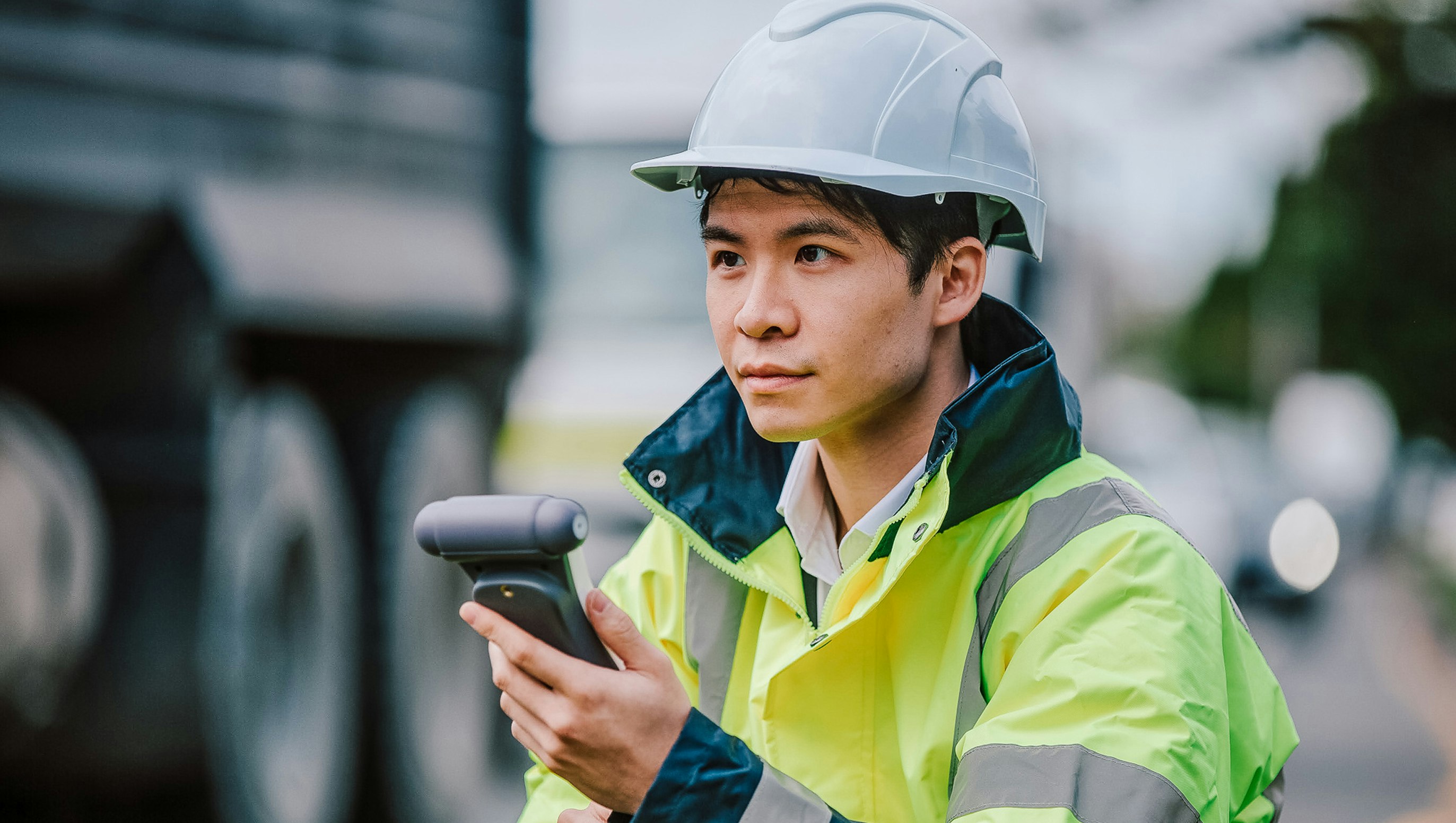Measurements
Noise
Noise has been defined as an “unwanted or disturbing sound.” Unwanted sound can be anything that interferes with normal activities (like sleeping) or impacts one’s quality of life.
Why is it important to measure noise during air quality monitoring?
Noise has been defined as an “unwanted or disturbing sound.” While noise itself doesn’t directly affect air quality, certain activities that require air monitoring (such as construction/remediation and industrial operations) are also likely to create noise pollution. Unwanted sound can be anything that interferes with normal activities (like sleeping) or impacts one’s quality of life. Studies have shown that there are direct links between excessive noise and health, including stress-related illnesses, high blood pressure, hearing loss, and lost productivity.
To combat these ill effects, noise is often regulated alongside other forms of pollution and is something responsible site managers and industrial hygienists will need to consider. Common sources of excess noise include transportation and construction equipment. Limiting noise pollution is an important part of protecting the health and safety of both workers and the surrounding community.
What options can Aeroqual provide for measuring noise?
Aeroqual offers a range of industrial perimeter air quality monitors with optional plug-in wind, weather, and noise sensors. These monitoring systems are suitable for outdoor dust and particulate monitoring, used by industrial operators, environmental consultants, researchers, and health and safety managers worldwide.
Products that are compatible with noise sensors
Air monitoring made easy
Our advanced monitoring systems deliver hyper-local data and real-time alerts, giving you actionable data to make the decisions that matter.




